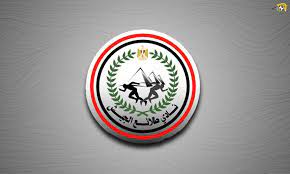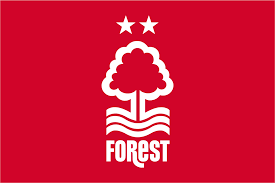
Detroit Lions
The Detroit Lions produced several Hall of Fame athletes during this golden era. In addition to Bobby Lane, the team featured icons such as Joe Schmidt and Barry Sanders, who each contributed to shaping the franchise’s identity, both on and off the field.
The Legacy of Key Players Detroit Lions
Bobby Lane, known for his fierce competitive spirit, brought leadership and excellence to the quarterback position. His contributions went beyond statistics, commanding the respect of teammates and instilling vibrant energy in the locker room. However, Lane’s tenure with the Lions was marred by personal struggles with alcoholism, ultimately hindering his later career but adding depth to his character-driven saga.
Joe Schmidt, revered as one of the best linebackers in NFL history, embodied the principles of dedication and teamwork. Schmidt’s unwavering approach to defense became legendary, as he captained the squad through crucial games with unwavering focus. His impact resonates even today, recognized for helping pave the way for future defensive stars.
Barry Sanders, often regarded as one of the greatest running backs in history, graced the field with unparalleled agility and elusiveness. Throughout the ’90s, Sanders routinely outmaneuvered defenders, etching his name into NFL annals. Sadly, despite accumulating numerous accolades, Barry Sanders’ refusal to compromise his integrity meant missing out on Super Bowl wins, showcasing both his brilliance and challenges that lay ahead for the franchise.
Culturally Inclusive Engagement Detroit Lions
As the Detroit Lions enjoyed success, the influence of sports expanded across various segments of society in Detroit. Civic pride surged with every victory, prompting a thirst for deeper community engagement. The organization recognized that fostering relationships with the city’s diverse populace could cultivate loyalty beyond geographical boundaries.
Outreach initiatives began gaining momentum, with players participating in various charitable events. Community engagement efforts provided opportunities for fans to meet their idols, reinforcing the bond between the players and supporters.
Moreover, the emergence of tailgating culture during this time exemplified the attention to detail that the Detroit Lions paid to enhancing the game-day experience. Fans began gathering in parking lots before games to socialize, share meals, and celebrate the camaraderie that sports fosters. This communal atmosphere grounded the Lions in the heart and soul of Detroit.
The Downfall and Rebuilding Efforts
While the golden years were thrilling, even the Detroit Lions faced inevitable ebb and flow. The late 1960s transitioned into an era marked by decline, punctuated by coaching changes, missed playoff opportunities, and off-field controversies.
A combination of shifting talent structures and budding competition led to inconsistent performances. The initial glow faded into skepticism as teams around the league redefined themselves, leaving the Lions in the dust. As these struggles ensued, fans grew restless, searching for promise — and redemption.
Despite obstacles, steps toward rebuilding soon followed. The strategy focused on scouting and investing in young talent. In doing so, the Lions set forth on a new adventure, hoping to reclaim their status within the NFL and reignite the roaring spirit of their fans.
The Modern Era of the Detroit Lions
Emerging from a tumultuous past into the modern arena, the Detroit Lions entered a phase filled with both opportunities and hurdles. While the franchise navigated pivotal turning points, ongoing transformations defined their contemporary narrative.
Coaching Changes and Philosophy Shifts
The modern era for the Detroit Lions has been dominated by various coaching philosophies reflecting broader shifts in football itself. Each new hire symbolized the search for stability and reinvention while remaining tethered to the storied roots of the franchise.
One of the most consequential figures of modern-day Lions football was Wayne Fontes, who coached the team from 1988 to 1996. An advocate of an aggressive offensive strategy, Fontes galvanized talented rosters featuring all-stars like Barry Sanders, Herman Moore, and Chris Spielman. His play-calling introduced fan-favorite blitzes and formations intended to confuse opposing defenses, breathing new life into dormant on-field identities.





